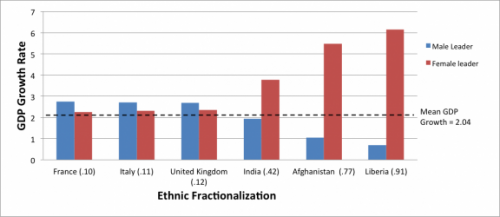Flashback Friday.
This is a picture of a statue in Lexington, KY, in honor of Civil War general John H. Morgan. It depicts him on his favorite horse, Black Bess. The inscription is “Gen. John H. Morgan and His Bess.”
Here’s what’s interesting about this: Bess, as you might guess, was a mare — a female horse. The statue, however, has testicles. You can see them in the picture below. The sculptor gave Bess testicles because he considered a mare an unworthy mount for a general — despite the fact that Morgan himself seemed to think she was just fine.
Flickr Creative Commons License, J Stephen Conn
I found out about this in Lies Across America: What Our Historical Sites Get Wrong by James W. Loewen. Top image borrowed from here. This post originally appeared in 2007.
Gwen Sharp is an associate professor of sociology at Nevada State College. You can follow her on Twitter at @gwensharpnv.







